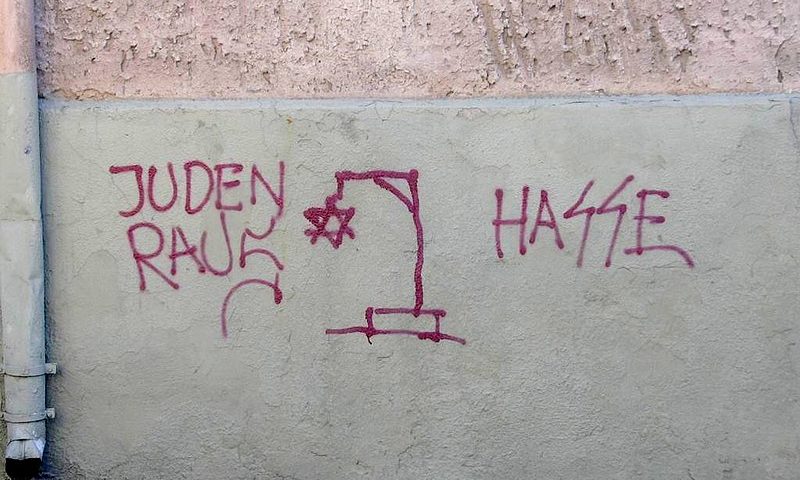
Novak Djokovic meltdown as temper boils over in French Open final against Casper Ruud
June 11, 2023
Man City treble parade chaos sees fans race down street as wild rain storm spoils party
June 12, 2023As concerns over rising antisemitism and the dwindling number of European Jews persist, the children of Jewish leaders are already leaving their home countries, raising questions about the future of Jewish communities in Europe. Rabbi Binyomin Jacobs, the Dutch chief rabbi, and his wife Blouma have experienced this firsthand, with all but two of their seven children choosing to raise their own families in Israel and other countries. The couple, who have dedicated much of their lives to establishing a large family, now grapples with the decision of not wanting their children to return to a country where antisemitism is thriving.
The challenges faced by European Jewish communities losing members are at the forefront of discussions among Jewish leaders and government officials. A recent conference titled “Shaping the Future of European Jewry Together,” organized by the European Jewish Association and co-hosted by the Jewish Community of Porto in Portugal, addressed these pressing issues.
Instances of antisemitism continue to rise across Europe, affecting the lives of Jewish families. The Jacobs’ experienced three antisemitic incidents within a few days, including insults, pro-Palestinian slogans, and the discovery of swastikas in their neighborhood park. The Netherlands, known for its tolerance, has seen a surge in antisemitic incidents in recent years, leading some Jewish leaders to recommend emigration to congregants seeking advice.
Antisemitism not only drives physical departures but also weakens the community that remains. Young religious Jews, in particular, feel the impact of antisemitism and are more likely to be targeted due to their recognizable dress code. The departure of these young individuals weakens the overall robustness of Jewish life, as finding prospective spouses who share their values and worldview becomes increasingly challenging.
European Jewish leaders openly acknowledge their children’s emigration. In France, where the largest Jewish community in Europe resides, thousands have left for Israel since 2014. The president of the Paris Consistoire, Joel Mergui, reveals that all four of his children have at some point moved to Israel. Similarly, Meyer Habib, a former French lawmaker and vice president of the CRIF umbrella group, and the chief rabbi of Paris, Michel Gugenheim, have also seen their children relocate to Israel.
New laws passed in European countries have contributed to the perception that governments are not fully committed to protecting and allowing the free exercise of Judaism. Several countries have forbidden kosher slaughter or restricted religious circumcision, prompting concerns among Jewish communities.
Belgium, the headquarters of the European Union, witnessed a “silent exodus” of Jews, with an increase in immigration to Israel since 2010. Similarly, Denmark faces challenges, with communal leaders warning about the potential ban on religious circumcision, which would impact Jewish life in the country.
At the conference in Porto, Rabbi Menachem Margolin, the director of the European Jewish Association, emphasized the importance of unity, effective lobbying, and proactive measures to shape the future of European Jewry. Margolin urged community leaders to come together, share their experiences, and work collectively to combat antisemitism and safeguard Jewish life.
However, on a local level, some Jewish community leaders face immediate concerns as their congregations continue to decline. Jacob Benzennou, the president of the Jewish Community of Waterloo in Belgium, expresses worries about assimilation and dwindling participation among young people in religious and community life. While efforts to combat antisemitism through legislation, education, and physical protection are appreciated, their effectiveness is questioned when governments simultaneously limit religious practices or target Israel for criticism. Photo by Beny Shlevich, Wikimedia commons.




